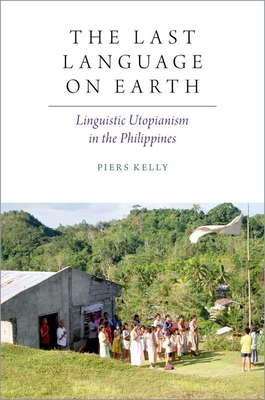The Last Language on Earth: Linguistic Utopianism in the Philippines

The Last Language on Earth: Linguistic Utopianism in the Philippines
illuminate the pivotal role that language plays in the pursuit of identity-building and political resistance.
PRP: 431.84 Lei
Acesta este Pretul Recomandat de Producator. Pretul de vanzare al produsului este afisat mai jos.
388.66Lei
388.66Lei
431.84 LeiLivrare in 2-4 saptamani
Descrierea produsului
illuminate the pivotal role that language plays in the pursuit of identity-building and political resistance.
Detaliile produsului








